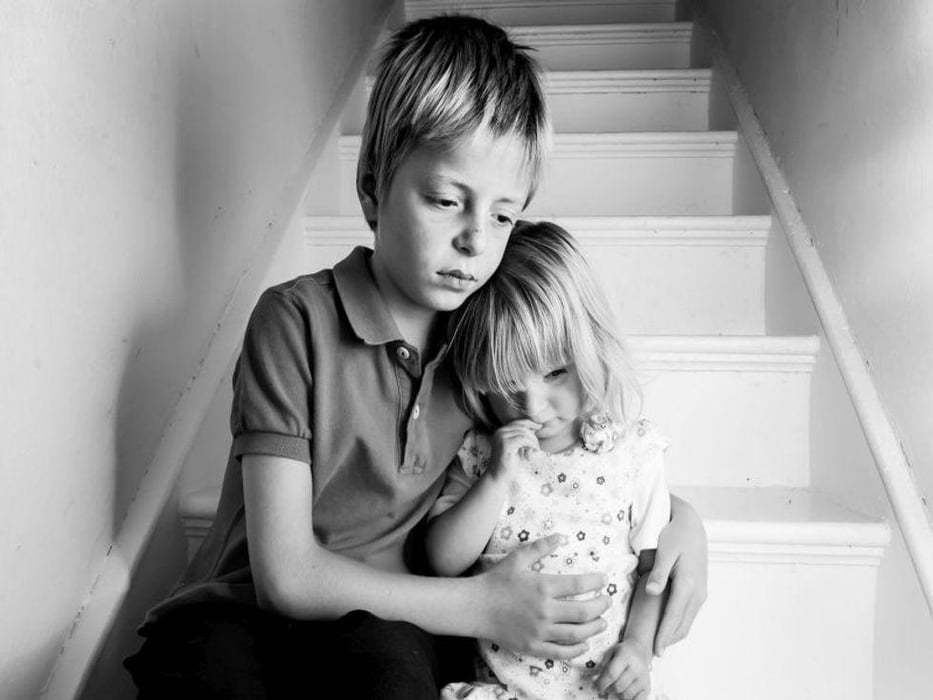Witnessing Abuse of a Sibling Can Traumatize a Child

WEDNESDAY, Sept. 22, 2021 (HealthDay News) -- Seeing a parent abuse a sibling can be as traumatizing as watching a parent hurt another parent, a new study finds.
And it can lead to depression, anxiety and anger, researchers say.
"When we hear about exposure to family violence, we usually think about someone being the victim of direct physical abuse or witnessing spousal assault," said researcher Corinna Tucker. She is a professor of human development and family studies at the University of New Hampshire, in Durham, N.H.
"But many children witness abuse of a sibling without being a direct victim and it turns out we should be thinking more about these dynamics when we tally the effects of family violence exposure," Tucker said in a university news release.
For the study, the researchers used data from three national surveys to collect data on more than 7,000 children between the ages of 1 month and 17 years. The investigators looked for kids who had seen abuse of a brother or sister, including a parent who hit, beat, kicked or physically hurt (not including spanking) a sibling.
Of the nearly 4% who were exposed to parental abuse against a sibling, more saw abuse by fathers (70%) than mothers. Abuse was greater for boys and teens, and for those whose parents had some college but had not graduated.
Abuse was also greater in one-parent families. Rates did not differ by race or ethnicity.
"In some families, exposure to parental abuse against a sibling may be part of a larger family climate of violence," Tucker said. "As more family members are exposed to violence in the household, there can be less emotional security among family members and less opportunities for children to observe, learn and practice healthy responses to stress."
The study authors call for practical and clinical steps to identify and support children who have witnessed parental abuse of a brother or sister.
The report was published in a recent issue of the journal Child Abuse & Neglect.
More information
For more on child abuse, head to the U.S. Centers for Disease Control and Prevention.
SOURCE: University of New Hampshire, news release, Sept. 17, 2021
Related Posts
Se observa el periodo más largo de aumento en las vacunaciones contra la COVID en meses en EE. UU.
VIERNES, 5 de noviembre de 2021 (HealthDay News) -- El número de nuevas...
Obesity May Be Affecting Heart Health in Kids as Young as 6
WEDNESDAY, May 4, 2022 (HealthDay News) -- As early as age 6, children who carry...
Lower Fecundability With Residence in Disadvantaged Neighborhood
FRIDAY, July 1, 2022 (HealthDay News) -- Residence in a socioeconomically...
